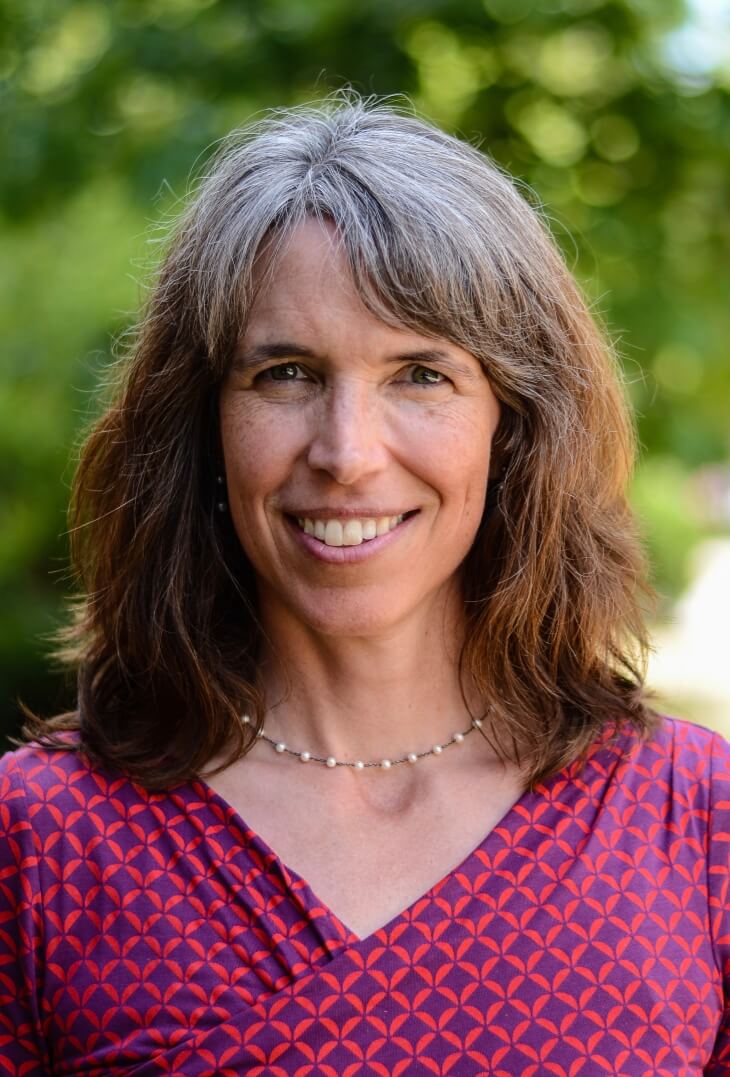Thirteenth International Summer School on Mind, Brain and Education
2018 October 16–20
Migrants and Refugees in the 21st Century: Children in and out of schools
Directors of the School:
Kurt W. Fischer, Antonio M. Battro and Sebastián J. Lipina
Director of the Course: Marcelo Suárez Orozco
Program Officer of the School: Lula Majdalani
Michigan State University (USA)
Dr. Carrie Symons is an Assistant Professor of Literacy and Language in the Department of Teacher Education at Michigan State University. Her research explores the relationship between classroom teachers’ instructional practices and immigrant-origin youth’s literacy and language development in multilingual contexts. Formerly an elementary classroom teacher of 10 years, Carrie prioritizes the building of long-term, mutualistic, research-practice partnerships with local community organizations, schools, and teachers. In collaboration with these critical partners, she aims to identify what teachers need to know to effectively facilitate immigrant-origin youth’s learning across content areas and how this linguistically responsive pedagogical knowledge is best developed. Her research has been funded by the American Educational Research Association and the International Literacy Association, and her work has been published in the Michigan Reading Journal, Linguistics and Education, and Learning and Instruction.

Improving instruction for immigrant-origin youth through research-practice partnerships
Due to the unprecedented displacement and migrations of people around the world, schools have become more culturally and linguistically diverse than ever before. But many classroom teachers remain unprepared to provide culturally and linguistically responsive instruction for immigrant-origin youth (referred to from here on as youth). An issue of this magnitude and urgency requires researchers, practitioners, and community members to work together. In this presentation, I will share ways in which I am working toward developing new instructional practices that support youth’s learning, and explain how adopting a research-practice partnership approach has created opportunities for mutualistic professional learning with teachers across university, community, and school contexts. In collaboration with a local community-based organization, the Refugee Development Center (RDC), my university-based team and I have been investigating how teachers learn to enact culturally and linguistically responsive instruction. Most recently, I facilitated an eight-day Reading Lab with 60 middle and high school youth from the RDC’s summer day camp. While I taught, a group of critical thought-partners (three K-12 teachers, a higher ed colleague, and doctoral students) observed and took observation notes. I will use video, audio, and written artifact data gathered during the Reading Lab project to describe how my teaching was shaped by observational feedback, critical reflections and conversations, and formative assessments of youth’s learning. I argue that taking a laboratory approach to learning how to teach immigrant-origin youth—and critically examining the assumptions we hold—can disrupt deficit perspectives, humanize teaching and learning, and create spaces for the cultivation of innovative instructional practices that can advance youth’s reading comprehension and language development.















